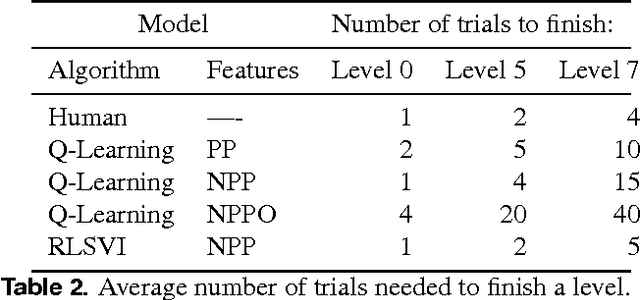Imanol Arrieta Ibarra
Jack
The Llama 3 Herd of Models
Jul 31, 2024Abstract:Modern artificial intelligence (AI) systems are powered by foundation models. This paper presents a new set of foundation models, called Llama 3. It is a herd of language models that natively support multilinguality, coding, reasoning, and tool usage. Our largest model is a dense Transformer with 405B parameters and a context window of up to 128K tokens. This paper presents an extensive empirical evaluation of Llama 3. We find that Llama 3 delivers comparable quality to leading language models such as GPT-4 on a plethora of tasks. We publicly release Llama 3, including pre-trained and post-trained versions of the 405B parameter language model and our Llama Guard 3 model for input and output safety. The paper also presents the results of experiments in which we integrate image, video, and speech capabilities into Llama 3 via a compositional approach. We observe this approach performs competitively with the state-of-the-art on image, video, and speech recognition tasks. The resulting models are not yet being broadly released as they are still under development.
Angrier Birds: Bayesian reinforcement learning
Jan 07, 2016



Abstract:We train a reinforcement learner to play a simplified version of the game Angry Birds. The learner is provided with a game state in a manner similar to the output that could be produced by computer vision algorithms. We improve on the efficiency of regular {\epsilon}-greedy Q-Learning with linear function approximation through more systematic exploration in Randomized Least Squares Value Iteration (RLSVI), an algorithm that samples its policy from a posterior distribution on optimal policies. With larger state-action spaces, efficient exploration becomes increasingly important, as evidenced by the faster learning in RLSVI.
 Add to Chrome
Add to Chrome Add to Firefox
Add to Firefox Add to Edge
Add to Edge